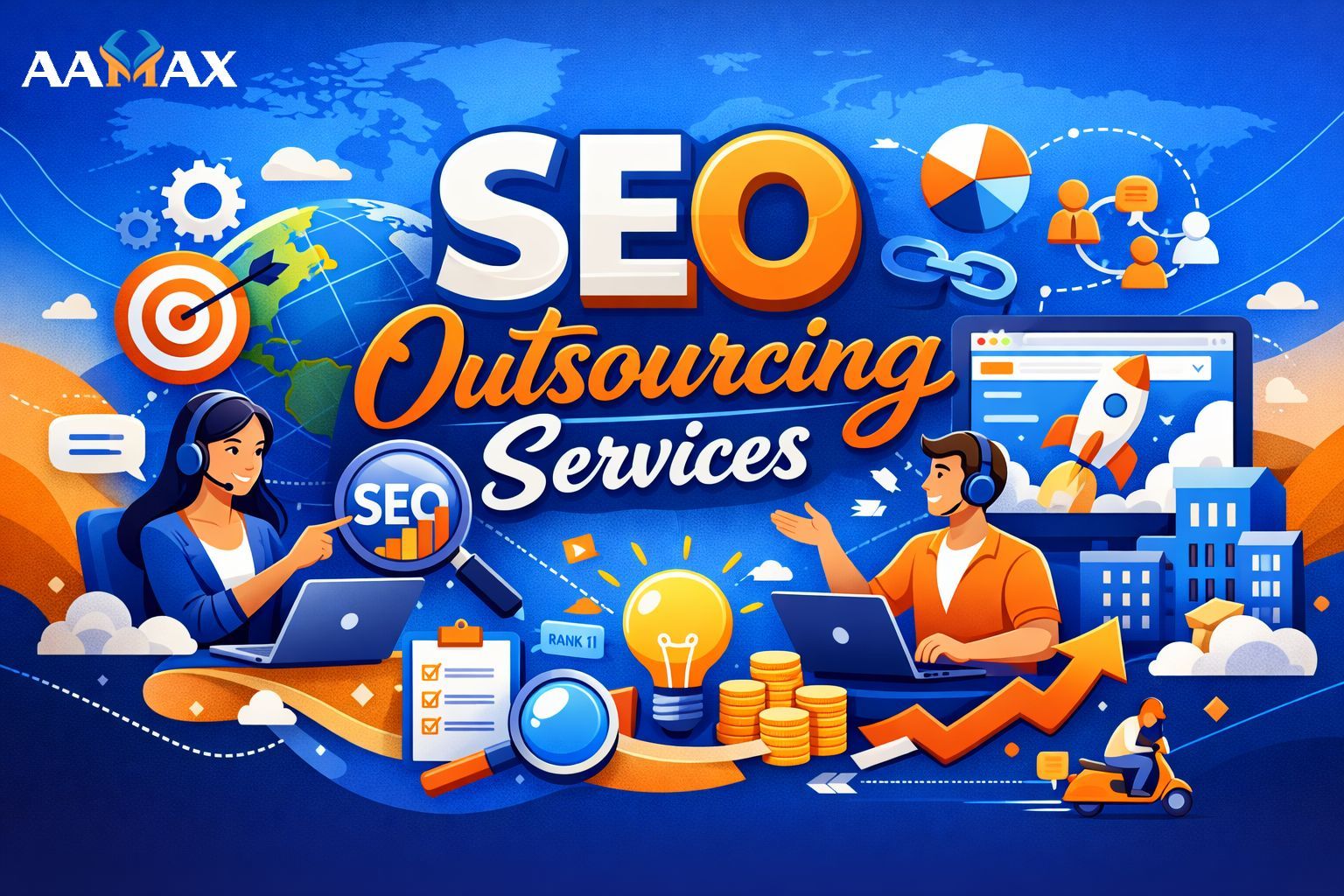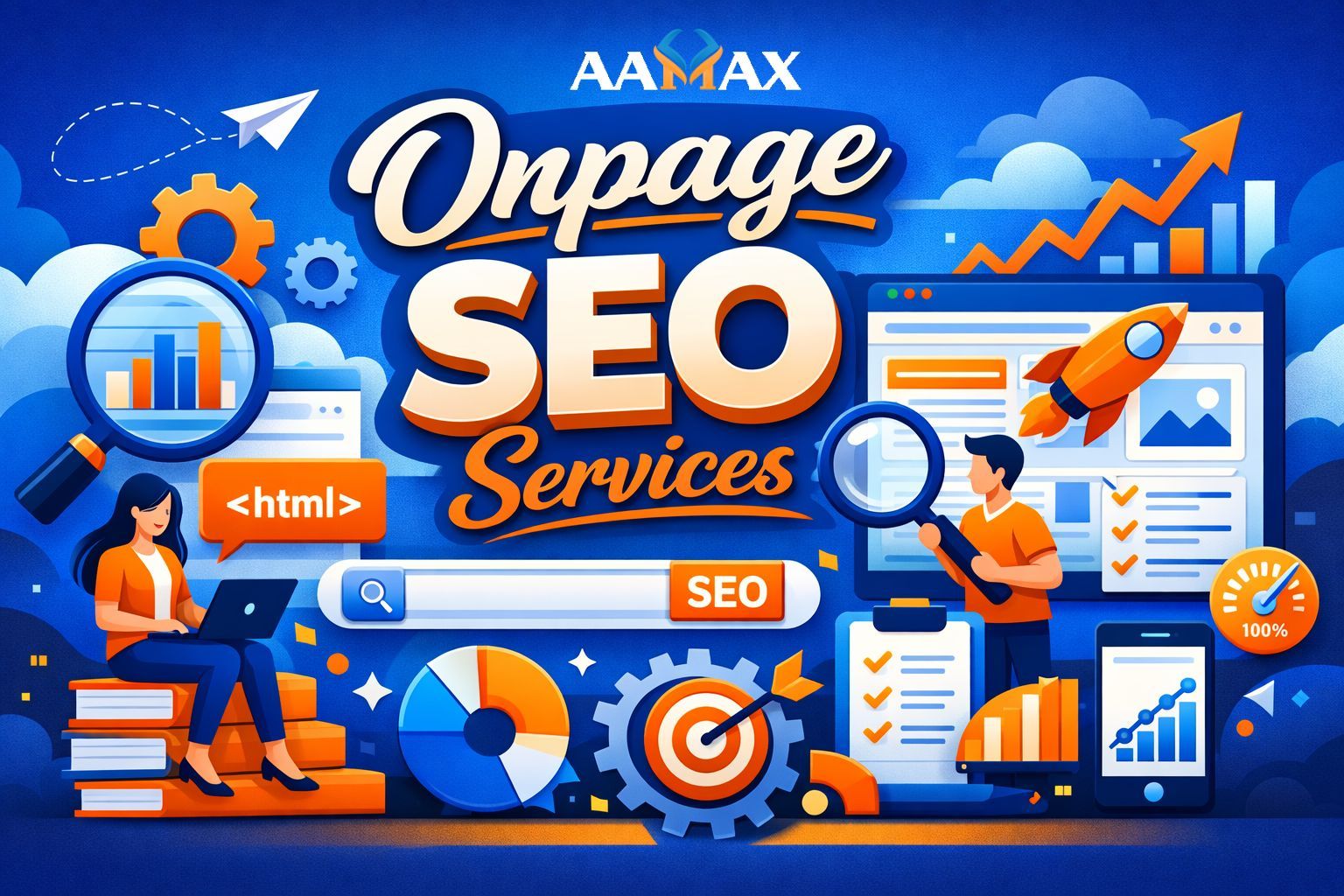
SEO for Landscaping: 10 Tips for Starting SEO for Landscapers
In today’s digital era, landscaping businesses can’t rely solely on word-of-mouth or traditional advertising. Potential clients are searching online for landscaping companies near them, comparing services, and reading reviews before making a decision. That’s where SEO (Search Engine Optimization) becomes essential.
If your landscaping website doesn’t appear on Google’s first page, you’re missing out on valuable leads. SEO services helps landscapers increase their online visibility, attract local customers, and generate consistent organic traffic.
In this guide, we’ll walk you through 10 actionable SEO tips for landscapers — whether you’re just starting or looking to improve your existing strategy.
What Is SEO for Landscaping?
Landscaping SEO is the process of optimizing your website and online presence to rank higher on search engines like Google for relevant keywords such as “landscaping services near me”, “lawn care companies”, or “garden design experts.”
A strong SEO strategy ensures your business appears in search results when homeowners or property managers are looking for landscaping services.
The main goals of landscaping SEO are:
- Boosting visibility in local search results
- Increasing website traffic from potential clients
- Generating qualified leads through organic search
- Building credibility and trust in your service area
With the right approach, SEO can help your landscaping business grow steadily without depending on paid ads.
Why SEO Matters for Landscapers
Before diving into the tips, let’s understand why SEO is a game-changer for landscaping companies.
- Local Reach: Most landscaping clients live nearby. Local SEO ensures your business appears in searches like “landscapers in [city name]”.
- High Intent Traffic: People searching for landscaping services are usually ready to buy — making SEO-driven leads more valuable.
- Cost-Effective Marketing: Unlike PPC advertising, SEO builds long-term visibility without continuous ad spend.
- Better Brand Credibility: Ranking high on Google signals trust and professionalism.
- 24/7 Promotion: Your website works round the clock, attracting potential clients even while you’re off the clock.
Now that you know the importance, let’s dive into practical SEO strategies that landscapers can start applying today.
1. Optimize Your Website for Local Searches
Local SEO is the foundation for any landscaping business. Most of your clients are searching for services within a specific area, so your website must clearly target local keywords.
Tips for Local Optimization:
- Include your city, town, or region in page titles and meta descriptions.
- Add your business name, address, and phone number (NAP) consistently across all pages and directories.
- Create a dedicated service area page that lists all the locations you serve.
- Use schema markup for local businesses to help Google understand your location better.
For example, instead of just “Landscaping Services,” use “Professional Landscaping Services in Dallas, TX.”
2. Claim and Optimize Your Google Business Profile
Your Google Business Profile (GBP) is one of the most powerful tools for local SEO. It helps your landscaping company appear in Google Maps and the Local Pack (the map results that show at the top of local searches).
How to Optimize:
- Claim your profile on Google Business Profile.
- Add complete information — services, photos, working hours, and contact details.
- Write a detailed business description with keywords like “residential landscaping,” “lawn maintenance,” etc.
- Encourage happy clients to leave Google reviews and respond to them professionally.
Consistent updates and positive reviews improve your visibility and credibility in local searches.
3. Target the Right Landscaping Keywords
Keyword research is the backbone of SEO. It’s essential to understand what your potential clients are searching for and tailor your content accordingly.
Steps to Find Keywords:
- Use free tools like Google Keyword Planner, Ubersuggest, or Ahrefs.
- Target long-tail keywords (more specific phrases) like “affordable landscape design in Austin” or “backyard patio installation.”
- Include a mix of service-based and location-based keywords.
- Analyze your competitors’ websites to see which keywords they rank for.
By targeting the right keywords, you attract visitors who are genuinely interested in your landscaping services.
4. Build a Mobile-Friendly and Fast Website
Did you know that over 60% of Google searches now happen on mobile devices? If your website isn’t optimized for mobile, you could be losing leads.
Mobile Optimization Tips:
- Use a responsive design that adjusts automatically to all screen sizes.
- Compress images and use lazy loading to improve page speed.
- Ensure clickable buttons and readable fonts on small screens.
- Test your site speed with Google’s PageSpeed Insights and fix performance issues.
A fast, mobile-friendly website not only improves user experience but also boosts SEO rankings.
If you need professional help building or optimizing your landscaping website, you can AAMAX — a full-service digital marketing agency offering Web Development, Digital Marketing, and SEO Services.
5. Create High-Quality Content Around Landscaping Topics
Content marketing is essential for SEO success. Search engines prioritize websites that consistently provide valuable, relevant information.
Ideas for Landscaping Content:
- “10 Lawn Care Tips for Every Season”
- “How to Choose the Right Plants for Your Garden”
- “Benefits of Professional Landscape Maintenance”
- “Before and After: Our Landscaping Projects”
Make sure to include local keywords and internal links to your service pages. Adding images, videos, and project galleries also makes your content engaging.
Consistent blogging helps you rank for multiple keywords and establish your business as a landscaping authority.
6. Use On-Page SEO Best Practices
On-page SEO helps search engines understand what your content is about. Proper optimization ensures your website ranks well for targeted keywords.
Key On-Page Optimization Elements:
- Title Tags: Include keywords naturally.
- Meta Descriptions: Summarize the page with a compelling call-to-action.
- Headings (H1, H2, H3): Structure content for easy reading.
- Image Optimization: Add alt text and compress images for speed.
- Internal Linking: Connect blog posts to service pages.
For example, instead of a title like “Home,” use “Professional Landscaping Services | [Your Company Name].”
7. Build Quality Backlinks
Backlinks — links from other websites to yours — are one of Google’s top ranking factors. They signal trust and authority.
Ways to Build Backlinks:
- Get listed on local directories and business listings.
- Collaborate with local home improvement blogs or magazines.
- Share press releases or sponsor community events.
- Encourage happy clients to link to your site in testimonials.
Focus on earning links from relevant, high-quality sources rather than quantity.
8. Leverage Social Media for SEO
While social media doesn’t directly influence SEO rankings, it increases visibility and engagement, which indirectly benefits your search performance.
Best Practices:
- Share blog posts, project photos, and videos on platforms like Facebook, Instagram, and Pinterest.
- Use local hashtags and geotags.
- Engage with followers — respond to comments and inquiries quickly.
- Encourage satisfied clients to share your work on their social pages.
The more engagement you receive, the more people visit your website, boosting traffic and brand awareness.
9. Collect and Showcase Reviews
Positive reviews build trust and boost your ranking in local searches. Google’s algorithm considers the quantity and quality of reviews when displaying local results.
How to Get More Reviews:
- Ask happy clients to leave reviews right after completing a project.
- Send follow-up emails with direct review links.
- Always respond to reviews — thank clients for positive feedback and address negative ones professionally.
Displaying testimonials and Google reviews on your website also improves credibility.
10. Track, Analyze, and Improve Your SEO Performance
SEO isn’t a one-time effort — it’s an ongoing process. You must track performance and make data-driven decisions to improve over time.
Key Tools to Use:
- Google Analytics: Measure website traffic and user behavior.
- Google Search Console: Monitor keywords, impressions, and errors.
- Local SEO Tools: Use platforms like BrightLocal or Moz Local for tracking local performance.
Regularly review what’s working and what’s not. Adjust keywords, improve content, and fix technical issues to maintain strong rankings.
Bonus Tip: Showcase Your Work with Visual Content
Landscaping is a visual service — potential clients want to see your work. Use photos and videos to highlight your designs, before-and-after projects, and maintenance services.
Visual content not only improves engagement but also helps your SEO through image search optimization.
Conclusion
SEO is one of the most effective ways to grow your landscaping business online. By optimizing your website, targeting the right keywords, creating valuable content, and building trust through reviews, you can consistently attract local customers who are ready to hire.
Start with these 10 tips, be consistent, and track your results regularly. Over time, your website will climb the rankings and bring in more qualified leads.
If you want professional help with your website or SEO strategy, you can AAMAX — a full-service digital marketing company offering Web Development, Digital Marketing, and SEO Services. Their expert team can help you build a strong online presence and grow your landscaping business effectively.







